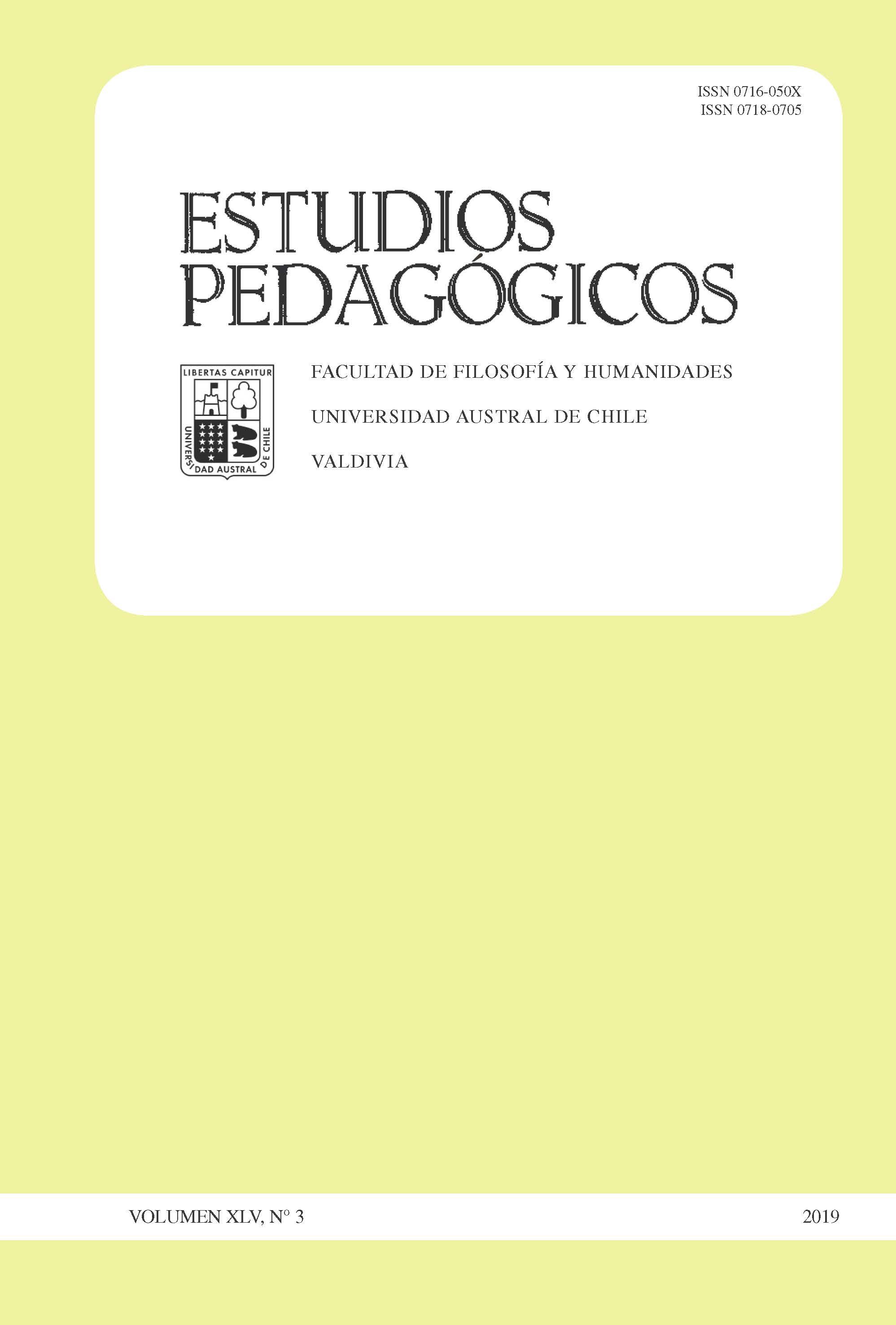Cultural dimension in the acquisition of second languages in migratory contexts
Main Article Content
Abstract
The cultural dimension as part of the curricula for the acquisition of second languages (ASLs) has been a trending topic during these last years due to the unifying function of meanings that emerge while using a language. The objective of this article is to analyze the cultural dimension of a second language acquisition program that promotes the development of intercultural communication in a migratory context. To carry out this study, six health professionals, who were students from an acquisition course of the Haitian Creole in Chile, were interviewed. The semi-structured interviews were analyzed using the NVIVO10 software. From this analysis emerges the importance of the role of linguistic mediators and cultural artifacts as constituent elements of appropriation of this dimension in the acquisition of second languages.

